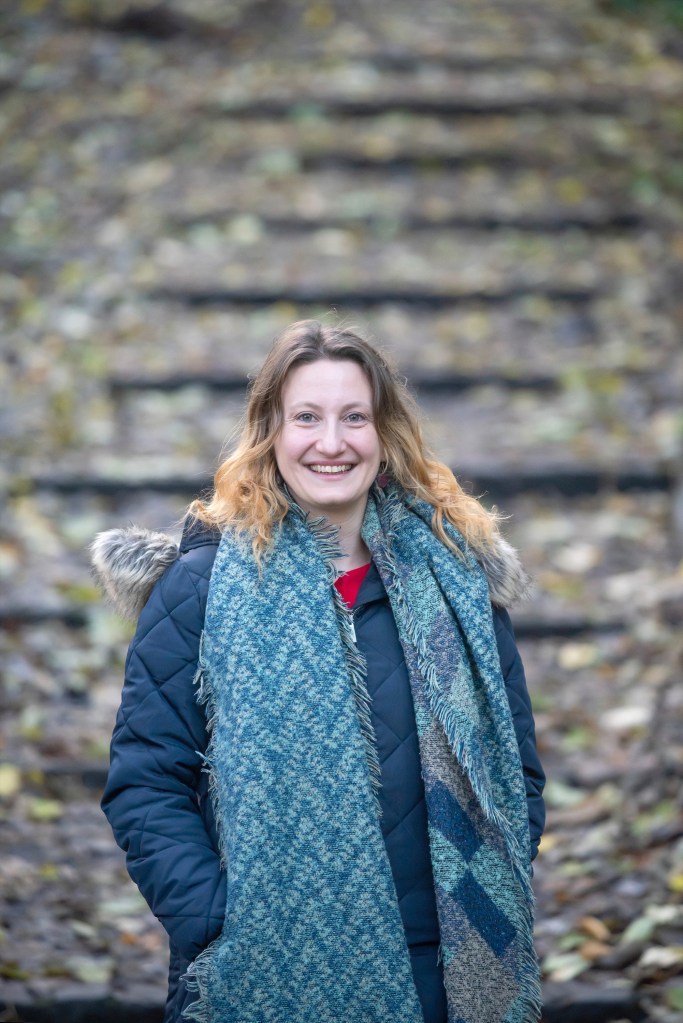What Is Counselling?
Counselling is a safe, supportive space where you can simply be heard. It’s a place to dive into the issues that matter to you—whether they’re challenges with relationships, work, feeling disconnected from who you truly are, or even everyday struggles like falling asleep or staying motivated. In counselling, you build a genuine, healing connection with a trusted therapist who walks with you on your journey toward change.
Digging a Little Deeper…
At times, life can feel confusing and overwhelming. You might feel lost, stressed, or even as though you’re living a life that wasn’t yours to begin with. Situations like moving to a new place, career transitions, or grieve over losses can leave you questioning your direction and identity. In such moments, counselling helps you regain clarity and discover a way forward.
Understanding Trauma and Its Impact
Often, we think of trauma as one big, dramatic event. In reality, trauma can also result from many smaller hurts that pile up over time. If you notice symptoms like irritability, sudden mood swings, anxiety in everyday situations, or periods when getting out of bed feels like an enormous effort, these could be signs that you’re carrying unprocessed pain or stress—even if nothing “big” happened recently. Recognizing these feelings is the first step toward healing.
Why Counselling Can Help
When someone suggests counselling, it can sometimes feel like they’re implying something is “wrong” with you. In truth, seeking help is a brave and healthy way to take care of your emotional well-being. We’re all complex beings with a full spectrum of feelings. Counselling offers you the chance to explore your emotions without judgment, learning to express and understand them in a supportive environment. This isn’t about receiving answers handed down to you—it’s about discovering your own path to healing.
Different Ways to Experience Counselling
Counselling isn’t one-size-fits-all. You can choose the format that suits you best:
- Traditional Face-to-Face Sessions: Sit down in a comfortable, private space to talk through your thoughts and feelings.
- Walk-and-Talk Therapy: Benefit from the calming effects of nature while you discuss your concerns during a walk in scenic green spaces.
- Creative and Mindful Approaches: Use art and mindfulness techniques to express your inner world, even if you’ve never considered yourself “artistic.”
- Online Counselling: Connect with a compassionate therapist from the comfort of your own home.
Each approach is designed to give you the freedom to explore your emotions in the setting that feels most natural to you. If one method doesn’t quite click, it’s perfectly alright to try another—finding the right fit is part of the journey.

Taking the Next Step
Starting counselling might feel a bit unsettling at first, and that’s completely normal. If you’re feeling stressed, low, or simply not like yourself, know that you don’t have to face these challenges alone. When you’re ready, you can schedule an initial consultation or get in touch to discuss how counselling could work for you. As Carl Jung wisely said, “Who looks outside, dreams; who looks inside, awakes.” Together, we can help you awaken to a life filled with insight, empowerment, and purpose.
Let’s begin this journey together. Reach out today, and take the first step toward embracing your true self.